Collaborative Innovation Center for Airport Economy: new Academic Committee poised to build high-end think tank
The second Academic Committee of the Guangdong Provincial Social Science Research Base -- the Collaborative Innovation Center for Airport Economy (hereinafter referred to as “the Center”) was established and its first meeting was held at the International Conference Hall on the morning of June 9. The members of the second Academic Committee were present at the meeting along with Executive President Wang Hua, Supervisor Gu Yeli and full-time and part-time researchers of the Center. Fu Guoyin, director of the Center, presided over the meeting.
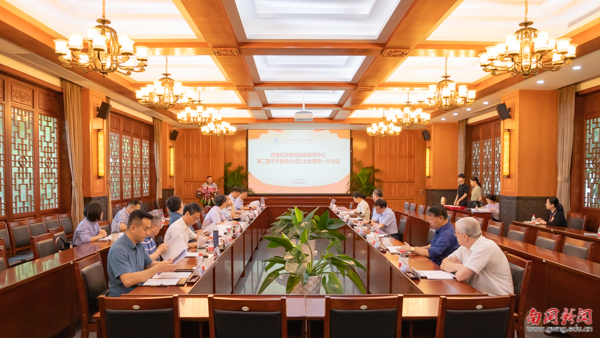
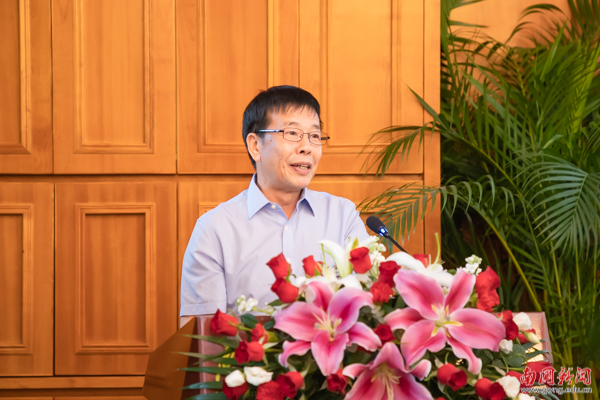
In his speech, Wang Hua said that the establishment of the second Academic Committee is of great significance in several aspects: it will enable the Center to have a clearer and higher positioning of research in airport economy and a better understanding of the grand picture for the work of the Party and the state as well as the central tasks of the provincial government; it will help the Center's initiative to dovetail with the national strategic planning and dig deeper accordingly into the core issues in the key areas of airport economy; it will lead the Center to achieve differential development from the perspective of environment, society and new governance concepts and to properly align its researches with the needs of the country. He also expressed his expectations of the new Academic Committee: it should continue to improve political awareness, strategic thinking and theoretical understanding; it should work to increase the Center’s ability to serve the local economy by building a high-end think tank with high-level academic research to offer valuable services to the governments; and it should contribute its wisdom to the development of airport economy in the province and try to leave a mark in Guangdong’s chapter of Chinese modernization.
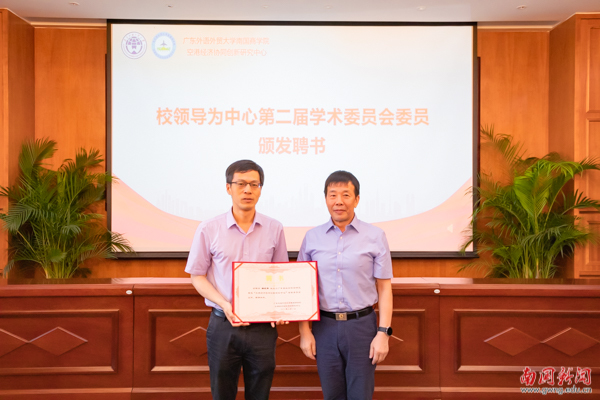
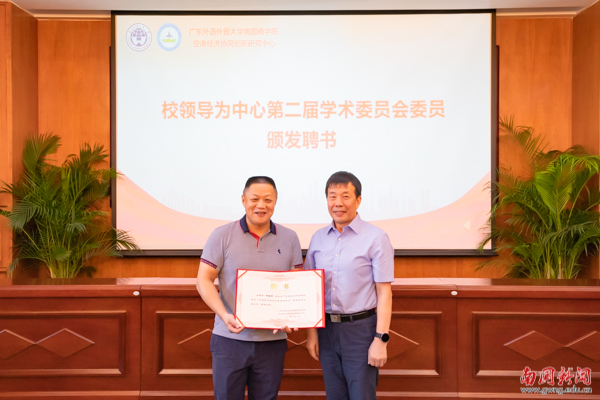
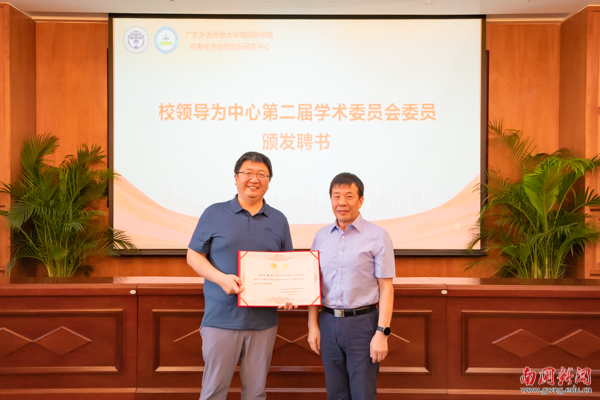

Compared with the first Academic Committee, the second Academic Committee has been significantly bigger in member population and more diversified in terms of members’ organizations and disciplinary backgrounds. Of the 11 members, 5 come from higher education institutions, 4 from government departments or enterprises, and 2 from research institutions. Most of the members are researchers with outstanding academic attainments and/or rich managerial experience in economics-related disciplines, especially in the fields of airport economics, aviation economics, transportation economics and technology economics. Professor Yang Hangjun, vice dean of the School of International Trade and Economics of the University of International Business and Economics, was elected director of the Academic Committee. Fu Guoyin, executive director of the International Commercial Certification Center of China Council for the Promotion of International Trade Guangdong Committee and director of the Collaborative Innovation Center for Airport Economy, and Qi Qi, vice dean of the Management College of Guangzhou Civil Aviation College, were elected deputy director.

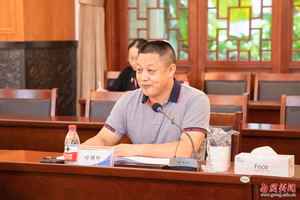
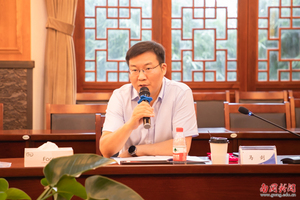
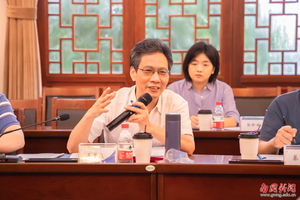
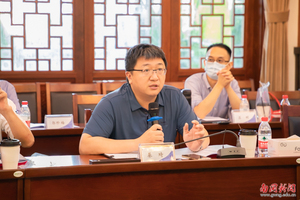

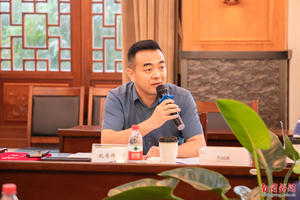

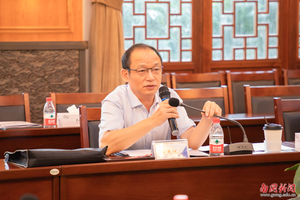


It is reported that the Collaborative Innovation Center for Airport Economy was approved as a social science research base by Guangdong Social Sciences Association in 2018. In the past five years, the Center has regarded scientific research as top priority in its development. It has carried out theoretical and practical researches on airport economy, played an effective role of advising governments and enterprises on issues related to airport economy, and offered intellectual support to the efforts of building the Guangzhou international aviation hub and the Greater Bay Area Airport Economic Circle.
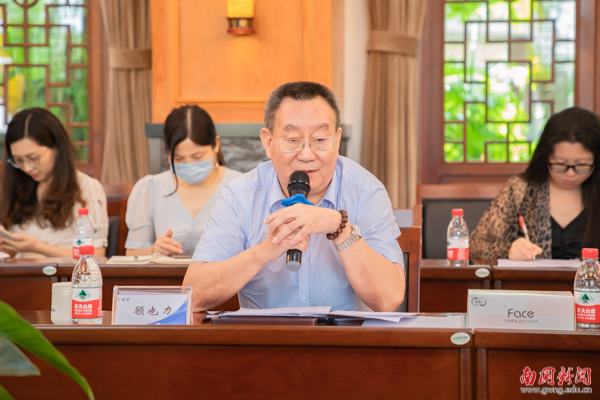
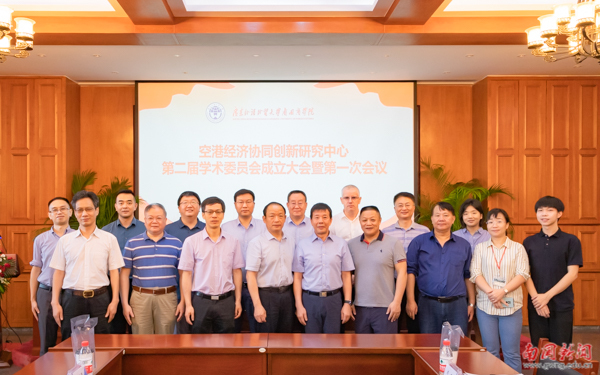
In the future, the Center will, with the Academic Committee as its core platform, enhance cooperation with universities, research institutes, governments and enterprises. As it makes the most of its role as an “idea bank” and “think tank”, the Center will stick to the principle of big-picture vision and precise positioning in its effort to promote innovation and development of scientific research and improve the quality of its advice and services to society.